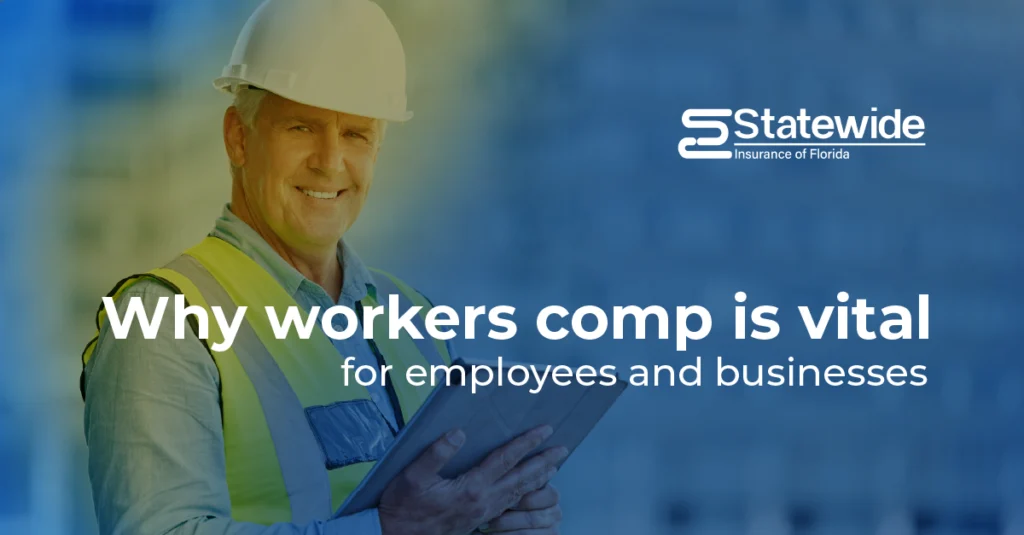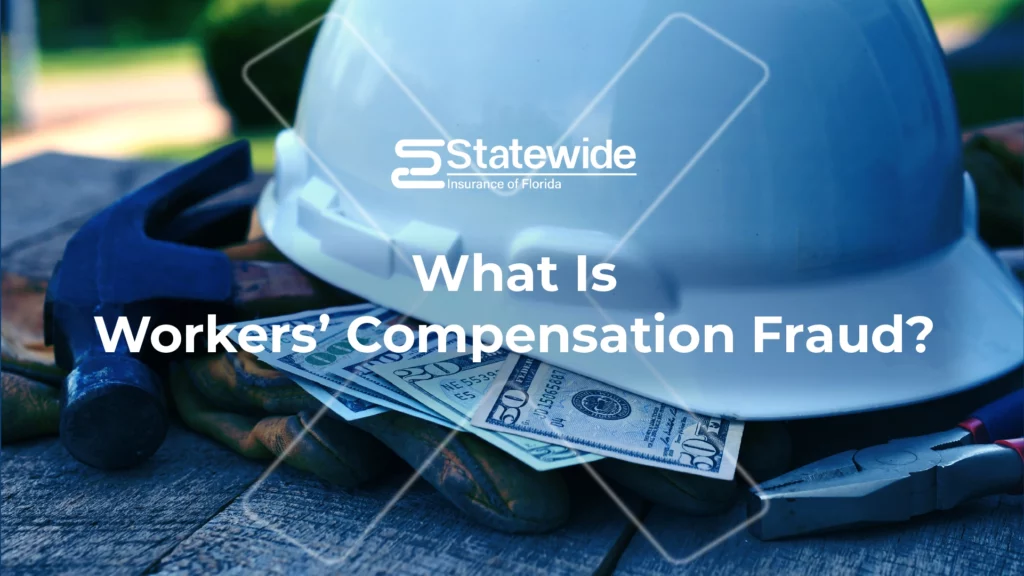Worker’s Comp Claims: Your Roadmap to Resolution.
Worker’s Comp Claims: Your Roadmap to Resolution. Navigating the complexities of Worker’s Comp claims can be daunting. Let’s unravel the process step by step to ensure success. Understanding Worker’s Comp Basics Worker’s Comp is a vital safety net for injured employees, providing medical benefits and wage replacement. However, the worker’s comp claims process can be […]
Worker’s Comp Claims: Your Roadmap to Resolution. Read More »




